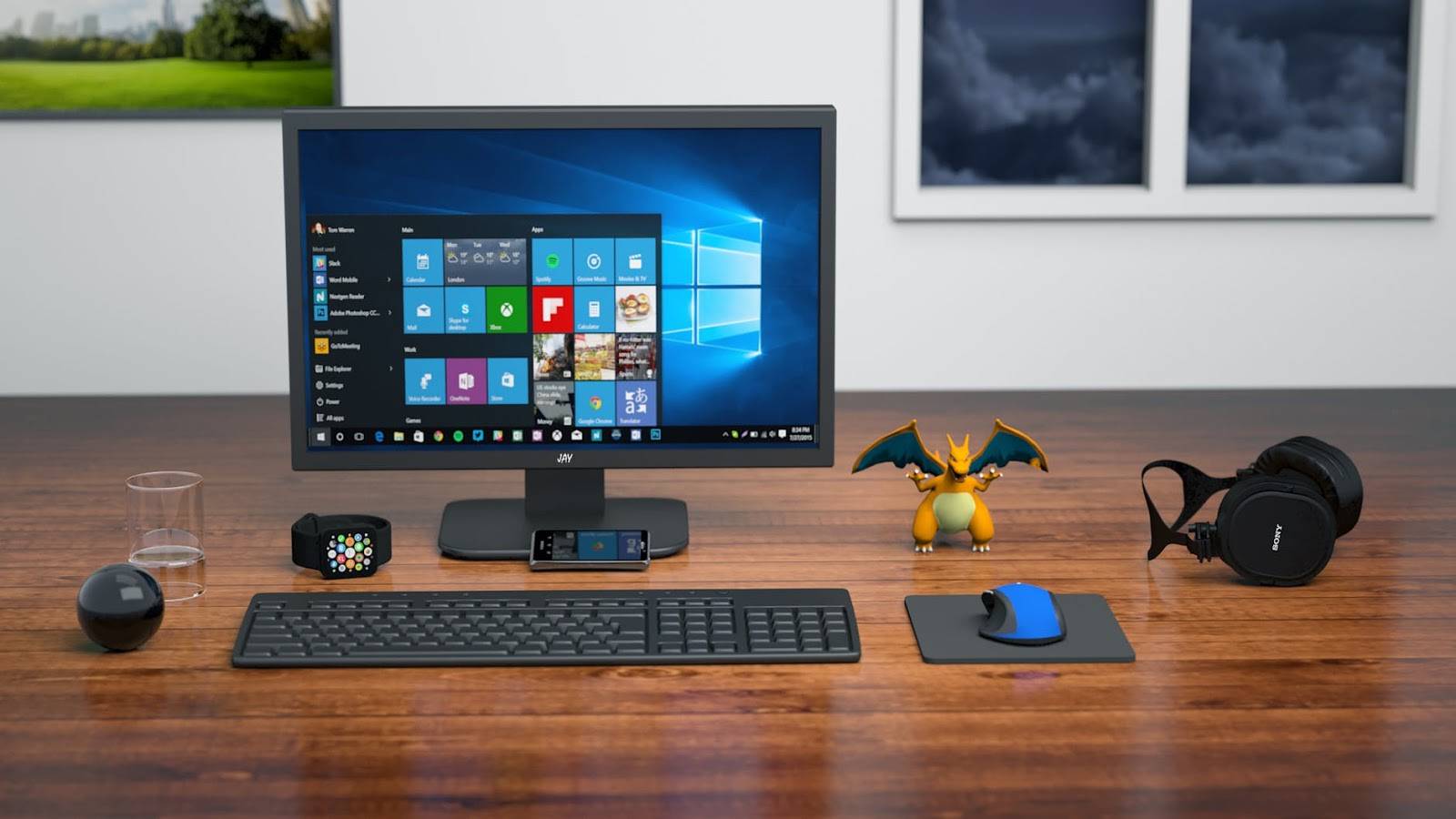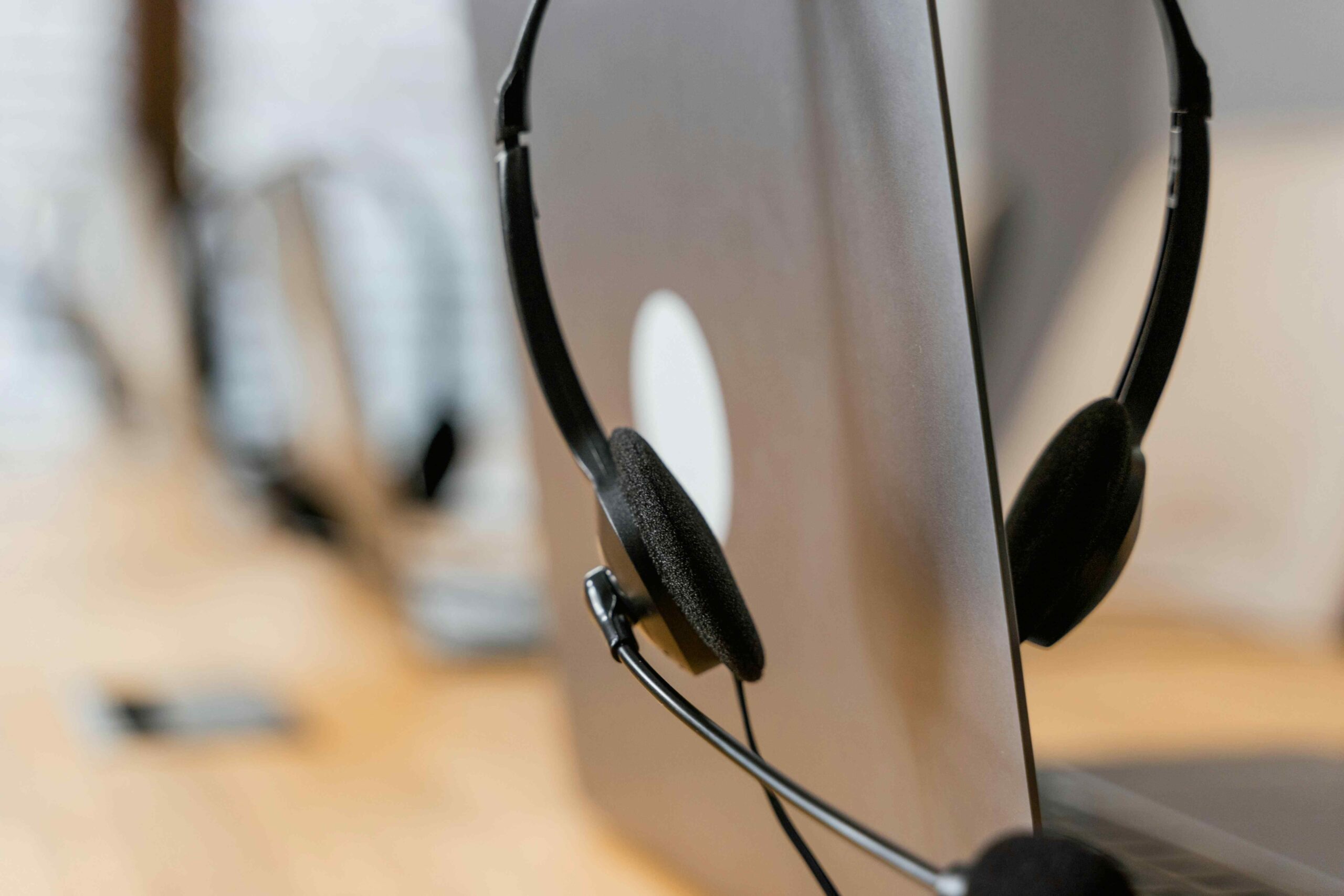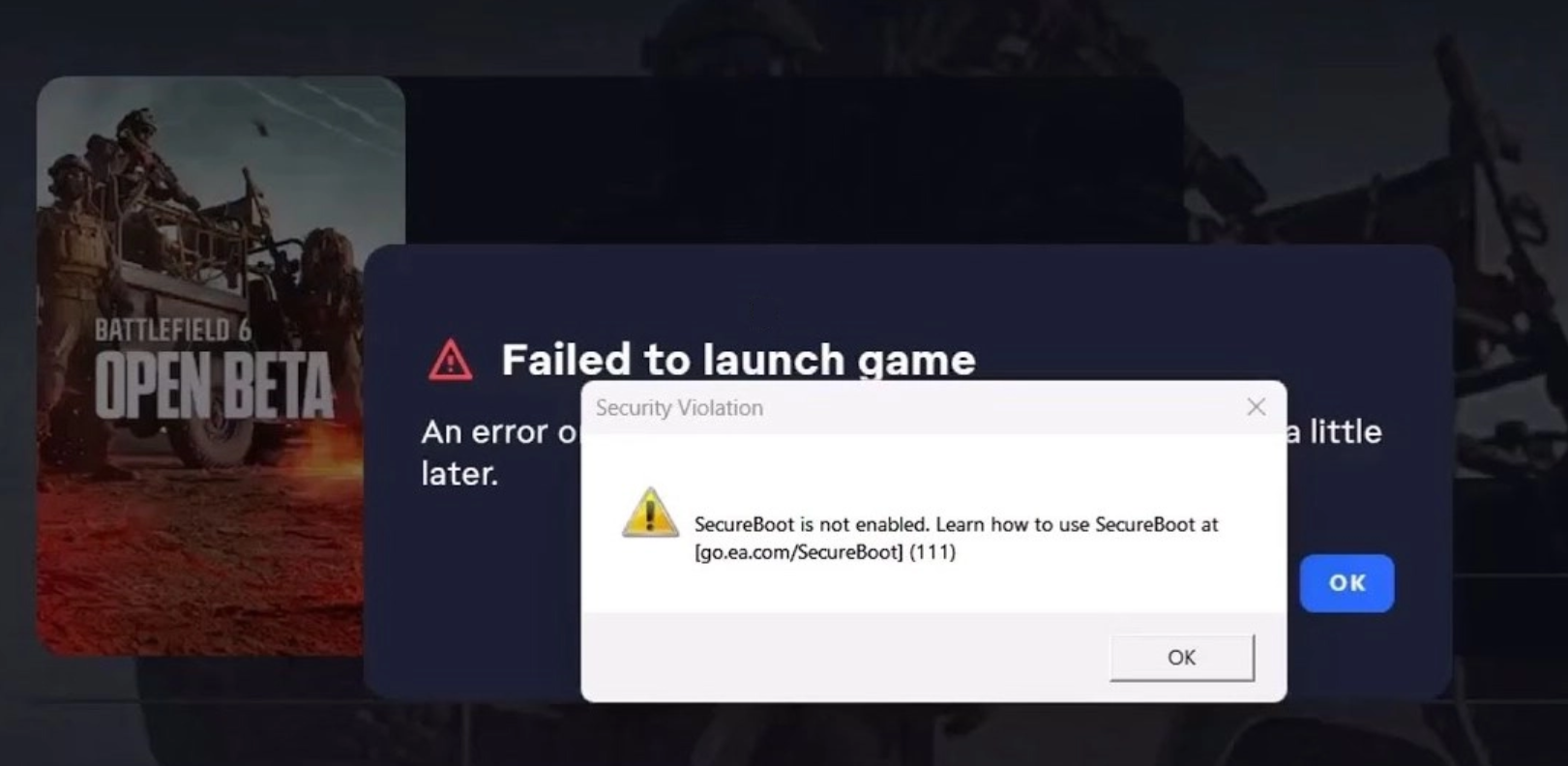California, (December, 2012) – As children we were taught that there are a few cornerstones to polite social interactions: don’t interrupt someone when they’re speaking, say please and thank you and always send a written thank you note. Yet in today’s world of texts, emails, Facebook posts and tweets, many of the basic guidelines we try to follow in face-to-face interactions can be easily overlooked.
One of the biggest challenges of written communication such as email and texting is the inability to convey tone or humor. Because people can’t see your facial expression or hear the tone in your voice, they won’t be able to tell whether you’re being sarcastic or serious and hurt feelings can arise when you’re just kidding.
Written Rules
To combat this, communicate clearly and to the point. Always re-read what you write before you click “send,” checking tone, grammar and spelling. Make sure what you’ve written is similar to what you’d say face-to-face. Remember to include the please and thank you that you’d have conveyed in person.
- When emailing, avoid using abbreviations that you would use when texting, such as LOL or “l8rs.”
- Don’t write in all caps or use too many exclamation points. These are perceived as “yelling” within electronic communications.
- When sending or receiving emails involving multiple parties, follow some simple guidelines:
- When responding to an email, don’t click “Reply to All” – include only the recipients that need to hear from you.
- When forwarding an email, delete additional email addresses from the attached messages.
- Remove any comments in email strings that should be kept private between the parties involved.
- Use the BCC when sending an email to a large number of recipients. They’ll thank you for not broadcasting their email address to the world.
According to research conducted by the Pew Internet & American Life Project, 85% of American adults have a cell phone and 79% of cell phone owners use text messaging. The chime or buzz of an incoming call or text can be distracting and alluring, leading many of us to utilize our mobile devices at inopportune times.
Common Courtesy
First and foremost, remember that the person standing in front of you is vastly more important than the text message you just received. Don’t interrupt your conversation with digital distractions.
When you’re talking on the phone in public, be aware of your surroundings and try to keep your voice down. Don’t discuss your personal life on your cell phone in the office or in a restaurant. Not only does this show a consideration for others around you, but it protects your privacy as well. Try to make it brief so you don’t disturb the people in your carpool with a lengthy conversation.
When you’re in a crowded environment, don’t crank up the sound on your Angry Birds game. Either mute the volume or wear solid-fitting ear buds so others around you are not disturbed. Just don’t forget to remove your earphones when someone is trying to talk to you!
Lastly, turn off your devices completely when you enter church, a movie theater or the library. Even vibe-mode can be really disturbing to others trying to concentrate.
The Pew Internet & American Life Project also found that 66% of adults who access the Internet use social media such as Facebook, Twitter, MySpace or LinkedIn. Remember the internet is NOT a private place – parents, teachers and employers are frequently able to see what you post.
Don’t ever post something about someone else before checking with them first. You could ruin a relationship or in the very least unintentionally embarrass someone that you care about.
Try to keep your posts positive and avoid posting anything that is not true or gossip-related. Not only will these types of posts influence the way people perceive you, but they can also cause hurt feelings or make people feel like they’re being bullied. Definitely avoid posting when you’re angry or frustrated.

About The Author: Andrea Eldridge is CEO and co-founder of Nerds On Call, a computer repair company that specializes in on-site and online service for homes and businesses. Andrea is the writer of a weekly column, Nerd Chick Adventures in The Record Searchlight. She prepares TV segments for and appears regularly on CBS, CW and FOX on shows such as Good Day Sacramento, More Good Day Portland, and CBS 13 News, offering viewers technology and lifestyle tips. See Andrea in action at callnerds.com/andrea/.
About Nerds On Call: Established in a spare room in Redding, Calif., in March 2004, Nerds On Call offers on-site computer and laptop repair services to consumers and businesses. Nerds On Call provides trouble-shooting for PCs and Macs, home and office networks, printers, iPods® and MP3 players, handheld devices and cell phones, home theaters and game systems, and virtually every other form of digital entertainment. In 2009, 2010, & 2011 the company was named to Inc. magazine’s list of 5000 fastest growing private companies. With 7 locations across California and Oregon, Nerds On Call serves more than 40,000 satisfied customers per year. For more information, visit callnerds.com or call 1-800-919-NERD.






